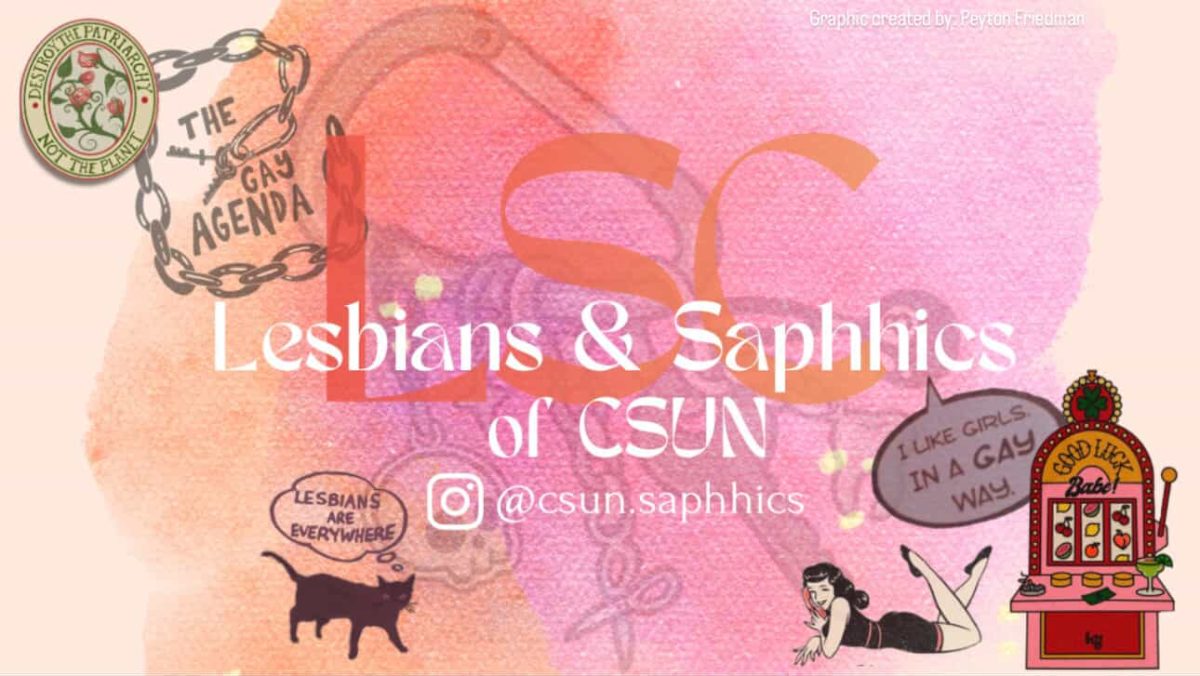
The California State University, Northridge Associated Students held its 2011 presidential debate at the freshman dormitory Community Center Monday evening to a crowd of approximately 25 people.
Candidates Amanda Flavin and Sydni Powell, who would be the first all-female President-Vice President team to be elected to the A.S. should they win, and John Ryan Biltz and Anthony Castro answered questions about the position of the presidency, what change they would affect within the year they would serve, and on what issues they would take a stand. Budget concerns, both specific to CSUN and the California State University system, were also among the topics addressed.
Getting students engaged in the election process is just one of the areas both candidate teams discussed.
“Most of them (audience) are supporters of Sydni and I,” said Flavin. “We’re working hard, though, so that this (low audience turnout) doesn’t happen next year. We’re in charge of a $6.5 million budget, so students really should care about the election. We want students to vote. And not just for us. We want students to vote in general.”
Biltz concurred.
“We want to serve the students, and give back to the students,” said Biltz, who reiterated that the A.S. president is merely the voice of the students, elected to work for the student body and not in its own interests.
“We shouldn’t cater to everyone,” he said. “(You) have to have a set of goals and opinions of your own, and be able to be molded and shaped by the associated student body.”
Aside from saying they want to be a voice for CSUN students, the Biltz-Castro team had difficulty providing concrete examples of how they would effect change. To that end, the Flavin-Powell team outdebated them on almost every level, often filling in the holes for the Biltz-Castro team.
Biltz and Castro said they want to deliver free bus passes to commuter students, as a way to engage this segment of the student population. Flavin responded that CSUN already provides transit subsidies to commuter students.
To engage the commuter community, Flavin and Powell said they want to create a “Transfer/non-traditional student center” where non-traditional students can have a place to themselves. For traditional, on-campus students Flavin-Powell said they would work to introduce Zip cars, a community car-sharing network, to campus.
“We would create better relationships between clubs, organizations, students and auxiliaries,” said Flavin, who also supported the referendum to have yearly presidential elections, unlike Biltz.
“We have a problem with turnover,” she said. “Yearly elections will produce better quality senators.” Yearly elections would reduce election production costs from $26,000 to $21,000, she added.
The teams also debated the role of the A.S. related to statewide campus budget cuts.
“It’s a problem that is inherited to us,” said Biltz, who felt the A.S. should lobby the California State University system.
Lobbying would not be enough, according to Flavin. The A.S. should advocate at all levels, she said, letter-writing, lobbying and getting students involved in the voting process by bringing candidates on campus, she said.
“I’m not above doing the work. I understand corporations, I understand budgets, I understand how the University Corporation works. We’re ready to fix problems.”





